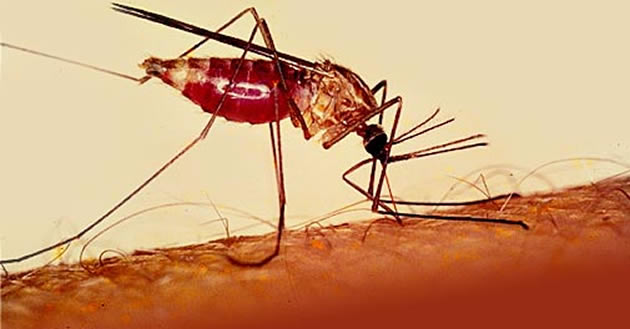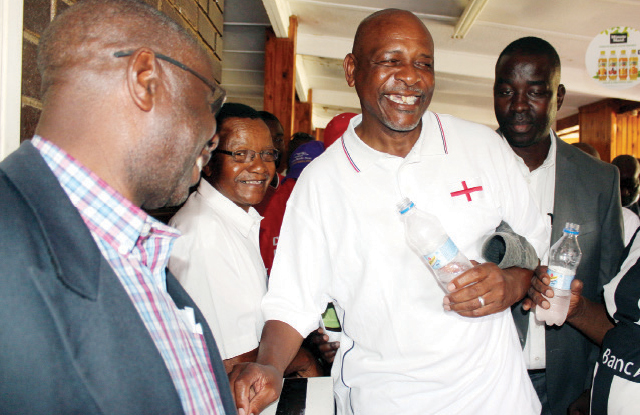Zim, Zambia step up fight against malaria

 Leonard Ncube Victoria Falls Reporter
Leonard Ncube Victoria Falls Reporter
ZIMBABWE and Zambia have intensified the fight against malaria in the Zambezi basin under a joint partnership signed between the two countries two years ago, an official has said.
The programme is an initiative of the two countries to employ similar strategies to eradicate the deadly disease whose prevalence in Zimbabwe has, however, decreased from 165 deaths per 1,000 people in 2004 to about 29 in 2013.
Head of national malaria control programme directorate in the Ministry of Health and Child Care Dr Joseph Mberikunashe told Chronicle last week that the joint programme was being used to create a common platform for the neighbouring countries to plan together.
The Zam-Zim cross border malaria initiative was launched during the World Malaria Day celebrations in 2013 to create a platform to plan together in the fight against malaria.
It covers distribution of treated mosquito nets to families, residual spraying, treatment and awareness campaigns.
“Bearing in mind that we share borders, languages and prevalence of the disease we want to make sure that we prevent this side of the border and they also do the same on their side,” said Dr Mberikunashe.
“This initiative is an ongoing relationship that creates a platform where our implementers plan together.”
He said residents and villagers along the Zambezi River in both countries had been given nets and had their homesteads sprayed.
These areas include Hwange district, Binga and Kariba while on the Zambian side it’s Kazungula.
The team visited Manjolo last week and crossed to Livingstone for the Zambian chapter of the programme.
Dr Mberikunashe said the ongoing programmes were being done in preparation for the World Malaria Day celebrations slated for April.
He said some of the common challenges included reaching out to fishing communities that are on both sides of the river who spend their time in the river and often do not participate in the planned programmes.
Dr Mberikunashe also expressed concern over misuse of mosquito nets, which some use for catching fish.
Malaria remains a major public health challenge in the country and is one of the causes of death in pregnant women and children below the age of five.
The disease still accounts for more than 30 percent of outpatient visits and 40 percent hospital admissions as well as one fifth of childhood deaths each year.
Sadc targets a 40 percent decrease by 2020 and has made great strides in fighting the disease, which competes with HIV and Aids and TB as the leading killer diseases.










Comments